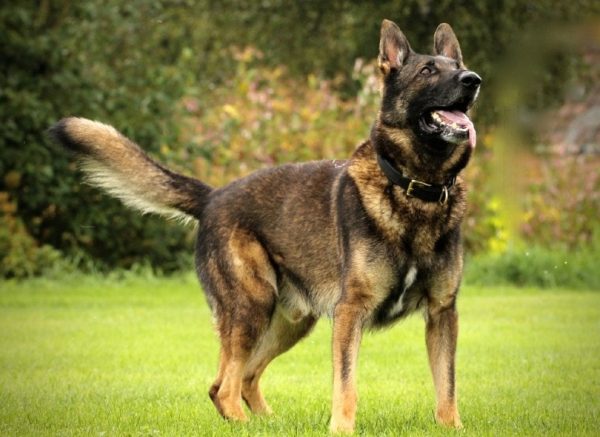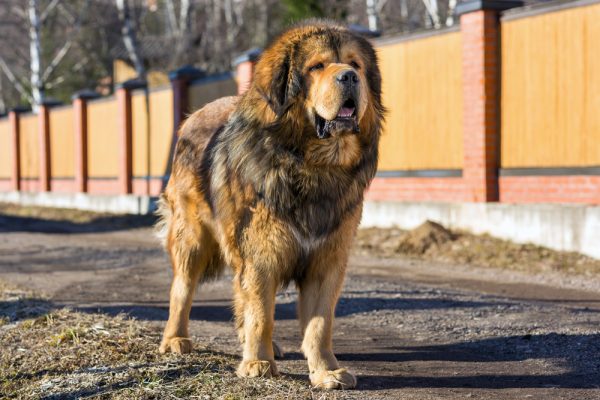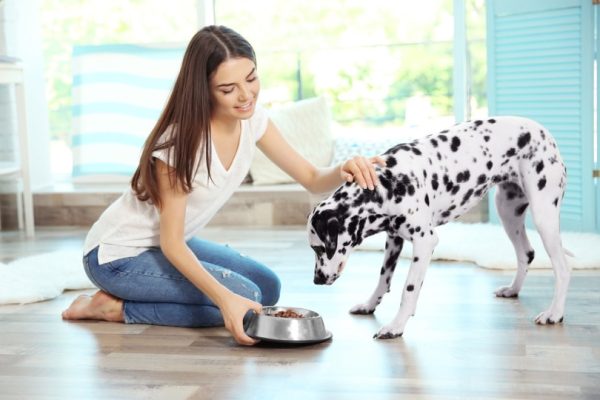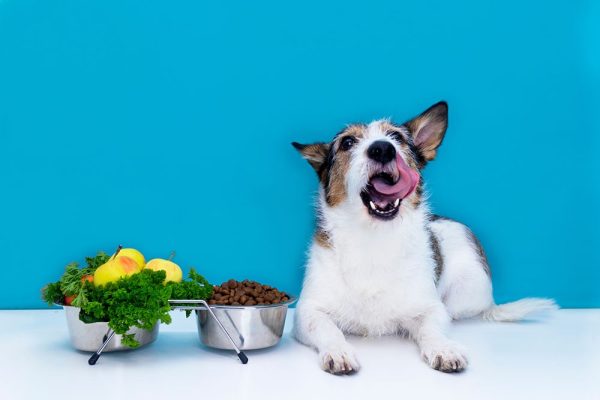Unfortunately, dogs love to eat all sorts of things: stinky socks, rotting food, scurrying bugs, dead animals, fecal material—you name it, and a dog somewhere has probably tried to eat it! But what about, more specifically, stink bugs? Could this common bug pose a serious or fatal problem to your dog?
The short answer is no, stink bugs are not toxic to dogs, but read on below to learn more about the possible negative side effects of stink bug ingestion, and what you as an owner can expect if this occurs.

What Is a Stinkbug?
A stink bug’s name comes from the fact that these bugs release a distinct, repulsive smell upon feeling threatened or when they are injured. Some have described it as smelling similar to cilantro, a skunk, or a mixture of both. It is theorized that this scent is a defense mechanism to protect the stink bug by discouraging predators from wanting to eat them. In fact, some stink bugs can even spray the chemical away from their body by several inches! The smell comes from chemicals that are produced in the stink bug’s glands in their thorax or abdomen.
There are over 200 different species of stink bugs in the United States! Different species can appear in different color patterns such as green (named the Green stink bug) or a mottled-brown (such as the Brown Marmorated stink bug). One thing all stink bugs share in common is that they all have a body shaped like a triangular shield, and they have two antennae and six legs. They most often range in length from 0.2 to 0.5 inches.
There are two different classes of stink bug species. The first are herbivorous (eat plants) and the second are predatory (eat other bugs). Regardless of their dietary preferences, overall, these bugs are considered to be a nuisance species. However, while invasive, all species of stink bugs are relatively harmless to us humans and our pet counterparts.
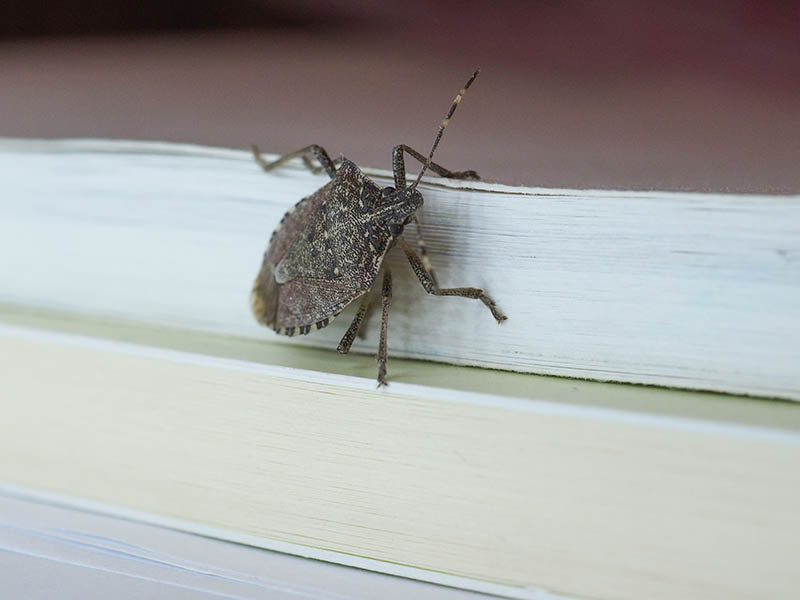
Can My Dog Eat Stink Bugs?
Perhaps the question should be this: Can my dog eat stink bugs safely? The good news is that stink bugs are not toxic or poisonous. They won’t bite or sting your dog (or you!), nor do they spread any diseases or cause structural damage to a home. Eating a stink bug or two is typically not a major problem for most dogs, although they may still show some mild self-limiting side effects discussed below. Because stink bugs have been described as having a bitter taste, hopefully, your dog will learn to keep away after having devoured one or more of them.

Side Effects
Each dog may vary in their ability to handle the side effects of eating a stink bug. Typically, most side effects are minor and resolve in less than 24 hours.
- Vomiting
- Drooling or foaming at the mouth
- Inappetence for a short period of time
- Eye irritation if sprayed by chemicals from stink bug
- Swelling
- Sneezing
- Hives
When to Seek Vet Advice
If there are more severe signs, such as trouble breathing or continued vomiting, these signs should warrant a call to your dog’s veterinarian. Theoretically, a dog could eat so many bugs that they form a hard mass (called a bezoar) that could get stuck in their digestive tract, although this is highly unlikely. Remember, if one’s pet is showing severe signs, or if you have any questions, it’s never the wrong answer to contact your dog’s vet.
If you need to speak with a vet but can't get to one, head over to PangoVet. It's our online service where you can talk to a vet online and get the advice you need for your pet — all at an affordable price!

Conclusion
While some kinds of bugs can be dangerous to dogs, thankfully stink bugs don’t typically fit into that category. And so, the good news is that if one’s dog eats a stink bug, there typically isn’t too much to worry about long-term! You will still want to monitor your pet, and in the rare circumstance that more severe signs of illness or an allergic reaction come about, contact your dog’s veterinarian for more help.
See also:
- My Dog Ate Maggots: Should I Be Worried? (Vet Answer)
- My Dog Ate a Slug: Should I Be Worried? (Vet Answer)


